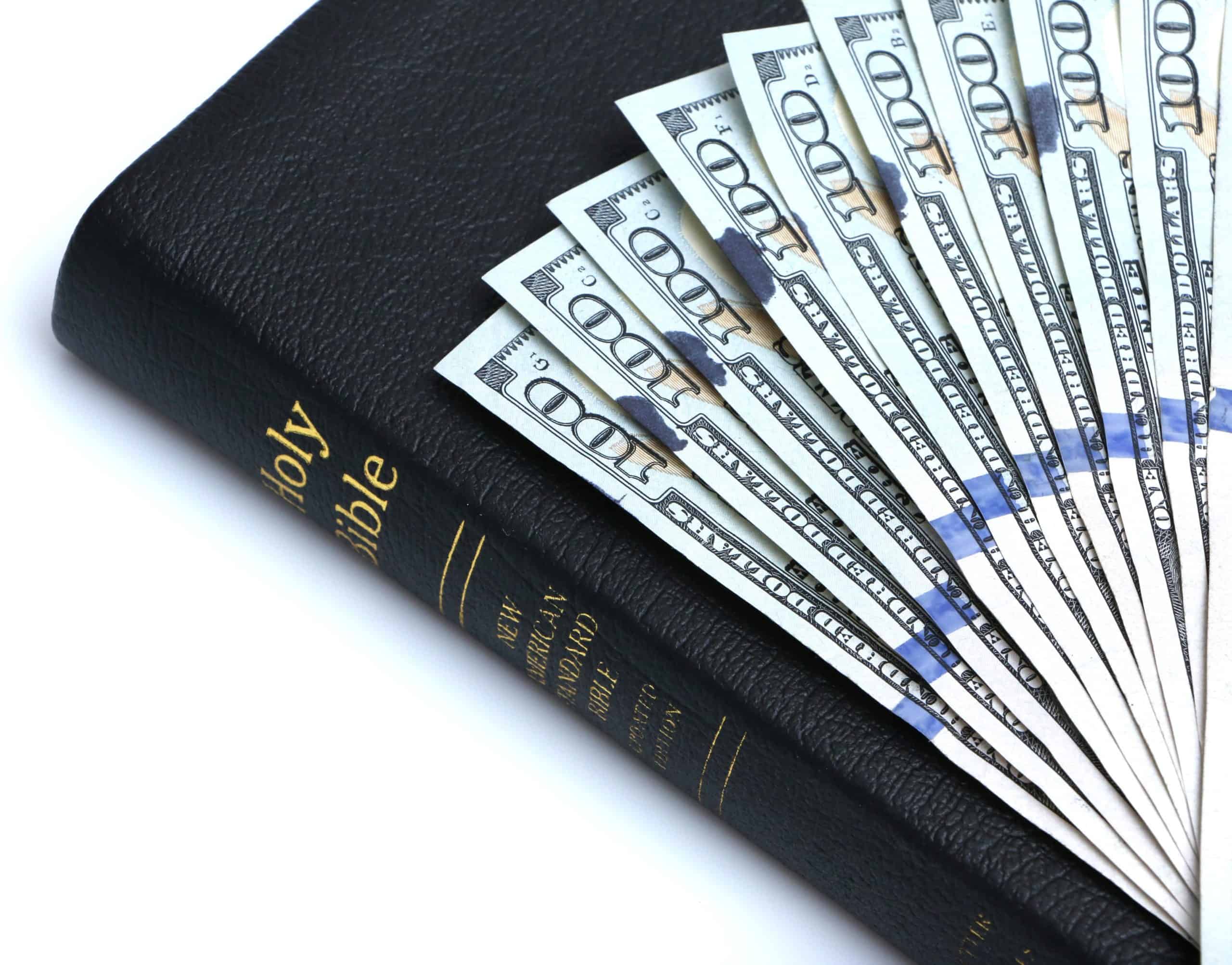Religious congregations must comply with IRS rules and federal and state laws. But because they don’t have to file income tax returns, some fail to engage independent financial experts. Without that oversight, congregation leaders may not know all the requirements to which they’re subject and internal controls could be lacking. This leaves them vulnerable to fraud and subject to liabilities. Let’s look at some financial best practices for any church, synagogue, mosque or other religious congregation to help prevent financial and other critical mistakes.
Classifying and paying employees
Proper employee classification has been on the IRS’s radar screen in recent years.Your congregation must determine which of your workers are employees and which are independent contractors. Depending on many factors — for example, their responsibilities, work location and form of compensation — you may need to reclassify individuals you consider independent contractors as employees. For most nonclergy employee wages, you must withhold Social Security and Medicare taxes.
When it comes to clergy wages, most congregations treat clergy as employees and provide W-2 forms. Generally, you’re not required to withhold Social Security, Medicare and federal withholding taxes. However, clergy are subject to self-employment tax on wages and must pay federal income tax on their earnings. A parsonage (or housing) allowance can reduce income tax, but not self-employment tax.
Engaging in taxable activities
Like other nonprofits, your congregation needs to pay close attention to unrelated business taxable income (UBTI). If your organization regularly engages in any type of business activity that’s unrelated to its religious mission, be aware of certain tax and reporting rules. For example, do you sell items from a bookstore attached to your place of worship? Such income could be considered UBTI. Some fringe benefits are also considered taxable.
Traditional bingo games and gaming such as raffles and casino nights that are run by all-volunteer labor, or are not regularly carried on, have been granted a specific exception from income tax (although other IRS reporting may be required). A Form 990-T filing is required only if gross revenue from unrelated business activities exceeds $1,000.
In addition, your organization shouldn’t devote a substantial part of its activities attempting to influence legislation (otherwise known as lobbying). If you do so, you could risk your congregation’s tax-exempt status and face potential penalties. Of course, terms like “substantial” and “attempting to influence” are open to interpretation. But specifically endorsing candidates, supporting candidates for office financially or sponsoring events that might be interpreted as partisan is strictly prohibited.
Maintaining effective internal controls
All organizations, including religious congregations, need strong internal controls. Faith groups are particularly vulnerable to fraud because they generally foster an environment of trust. Keep in mind that even the most devout and long-standing members of your congregation are capable of embezzlement when faced with extreme circumstances, such as bankruptcy or gambling problems.
Pay special attention to collections. To ensure employees and volunteers can’t help themselves to cash and checks, require that at least two people count cash in a secure area and verify the contents of offering envelopes. Then, they should document their results in a signed report. For even greater security, encourage your members to make electronic payments or sign up for automatic bank account deductions.
Also, ensure authorized disbursements by requiring that a nonaccounting employee or trustee receive and review bank statements. All checks above a specified amount should require dual signatures.
Preventing fraud
Internal controls are key to preventing fraud in religious organizations, but a comprehensive risk-reduction program contains other elements as well. For example, always perform background and credit checks on employees and volunteers who’ll be entrusted with financial matters. Additionally, maintain adequate insurance coverage to protect against possible loss. Review it regularly as your organization grows and your needs change.
Furthermore, your congregation should have an investment policy that describes procedures for handling donated stock and other securities. At least once a year, take an inventory of your congregation’s securities, valuables and equipment.
Be proactive
While the percentage of religious nonprofits that are audited is low, you still need to follow all the rules and proactively protect your congregation. Contact us to review your financial practices and determine whether a full audit is needed.
© 2022


